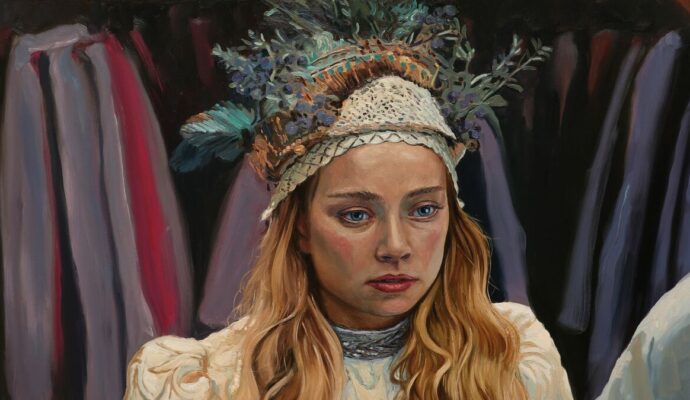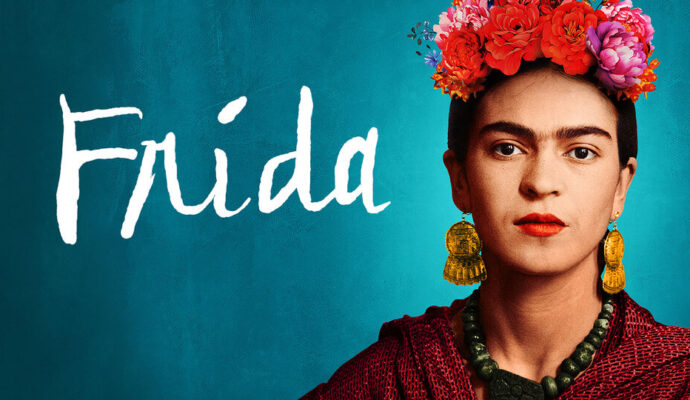“The Trial of the Chicago 7” – The Left Coast hosted The Summer of Love in 1967, a time when 100,000 young people converged on San Francisco for music, art, and a sense of community.
In August 1969, the East Coast hosted Woodstock, the famous conglomeration of all-star musical acts and 400,000 human beings touching down on an Upstate NY farm for three days of peace, love, and rock ‘n’ roll/folk melodies.
In between these iconic events, the American Midwest held an altogether different affair, the 1968 Democratic Convention. Hosted in Chicago from Aug. 26 – Aug. 29, the political gathering twisted into a tinderbox of frustration, especially for those opposing the Vietnam War. Add the devastating assassinations of Dr. Martin Luther King Jr. and U.S. Sen. Bobby Kennedy in April and June, respectively, and the country’s tensions reached an all-time high, or one of several angst-filled peaks.
Walter Cronkite even called the convention a “police state.”
Does this sound familiar?
Writer/director Aaron Sorkin’s “The Trial of the Chicago 7” explores this tumultuous time, and in an Oct. 2020 interview with “CBS This Morning”, he said, “I wanted (the movie) to be about today, and it is. We really didn’t realize how much it was going to be about today until we got to today.”
Back in ’68, protesters converged in Chicago. Thousands of these demonstrators and the police reached a confrontation(s), as verbal assaults, rocks, tear gas, and batons became the primary communication tools. Five months later, U.S. Attorney General John Mitchell (John Doman) assigns Richard Schultz (Joseph Gordon-Levitt) to prosecute – in U.S. District Court – a select group of the dissenters with criminal conspiracy “to insight a riot.” The men were known as the Chicago 7, even though eight faced trial.
Schultz is reluctant. He thinks that the case is thin because the Rap Brown Law is the basis for the A.G.’s will. The 33-year-old lawyer says, “(The law) was created by Southern whites in (the U.S.) Congress to limit the free speech of black activists.”
He adds, “No one has ever been charged with it before.”
Sorkin spends – seemingly – most of the 129-minute screen time within the courtroom, rather than the infamous events themselves, although the case is notorious for a few key reasons, and he outlines them in his film. Thankfully, the cast and crew do get outside on occasion, as our writer/director extraordinaire features the protests (and the decisions leading up to them) through flashbacks during the trial, similarly to Jim Garrison’s (Kevin Costner) legal labor in “JFK” (1991). At times, the court case – admittedly – feels like a lengthy chronicle – rather than riveting cinema. Meanwhile, the movie’s highpoints tie to the struggles at Grant Park and nearby, on-location spots.
What’s that news saying? If it bleeds, it leads.
Still, this was a drawn-out trial. Sorkin fills the air with – his signature of – high detailed, stylized nuance. The comprehensive back-and-forth nestles on a foundation of probably 4,000 hours of research, although the discourse between the defendants and their low-key, pragmatic attorney William Kunstler (played nicely by Mark Rylance) feels procedural. The minute particulars are essential to catalog for reference, but the sweeping, broader themes of power struggles, unfair and erratic judicial decisions, and one vile, racist act sear into our long-term memories.
“The Trial of the Chicago 7” really has a whole lot to unpack, and an impressive cast helps with the heavy lifting, as Eddie Redmayne, Alex Sharp, Jeremy Strong, John Carroll Lynch, Danny Flaherty, Noah Robbins, Yahya Abdul-Mateen II, and Sacha Baron Cohen state their characters’ cases. Lynch, Abdul-Mateen II, and Cohen offer memorable performances, but Frank Langella steals the show as the maddening Judge Julius Hoffman. Langella’s work could levy (additional) anxiety on anyone needing to enter a courtroom someday soon because Judge Hoffman is that upsetting. Then again, in 2020, feeling anxious is our new normal, so hey, no big deal.
Well, let’s hope that history repeats itself: Woodstock 2021 and better times next year.
⭐⭐⭐ out of ⭐⭐⭐⭐
Image and Trailer credits: Netflix




